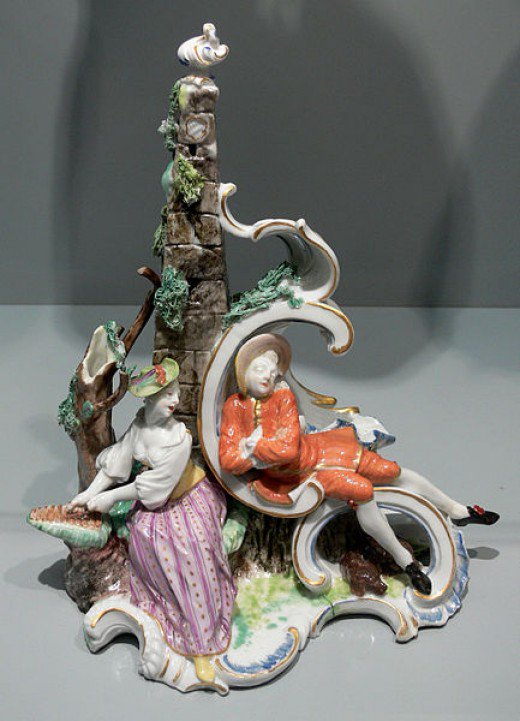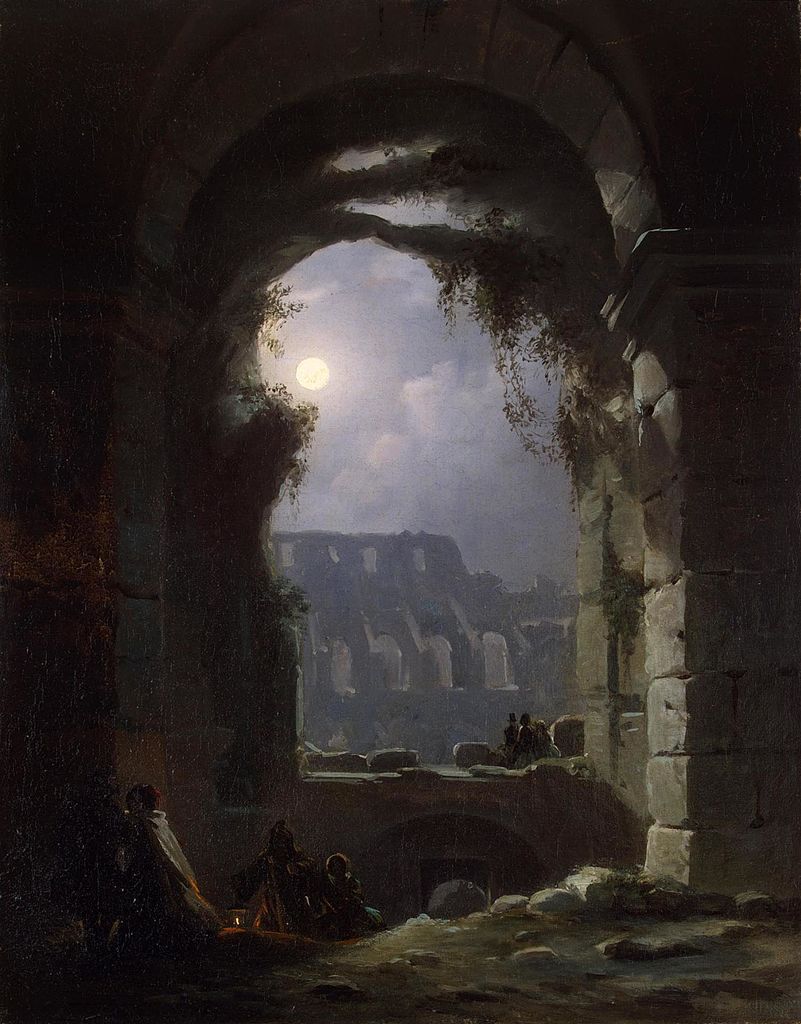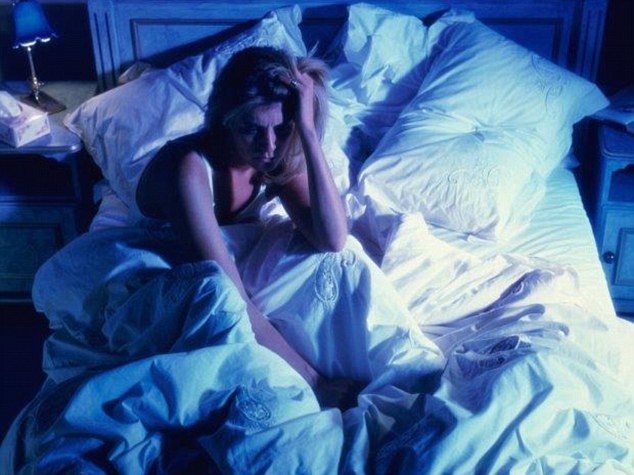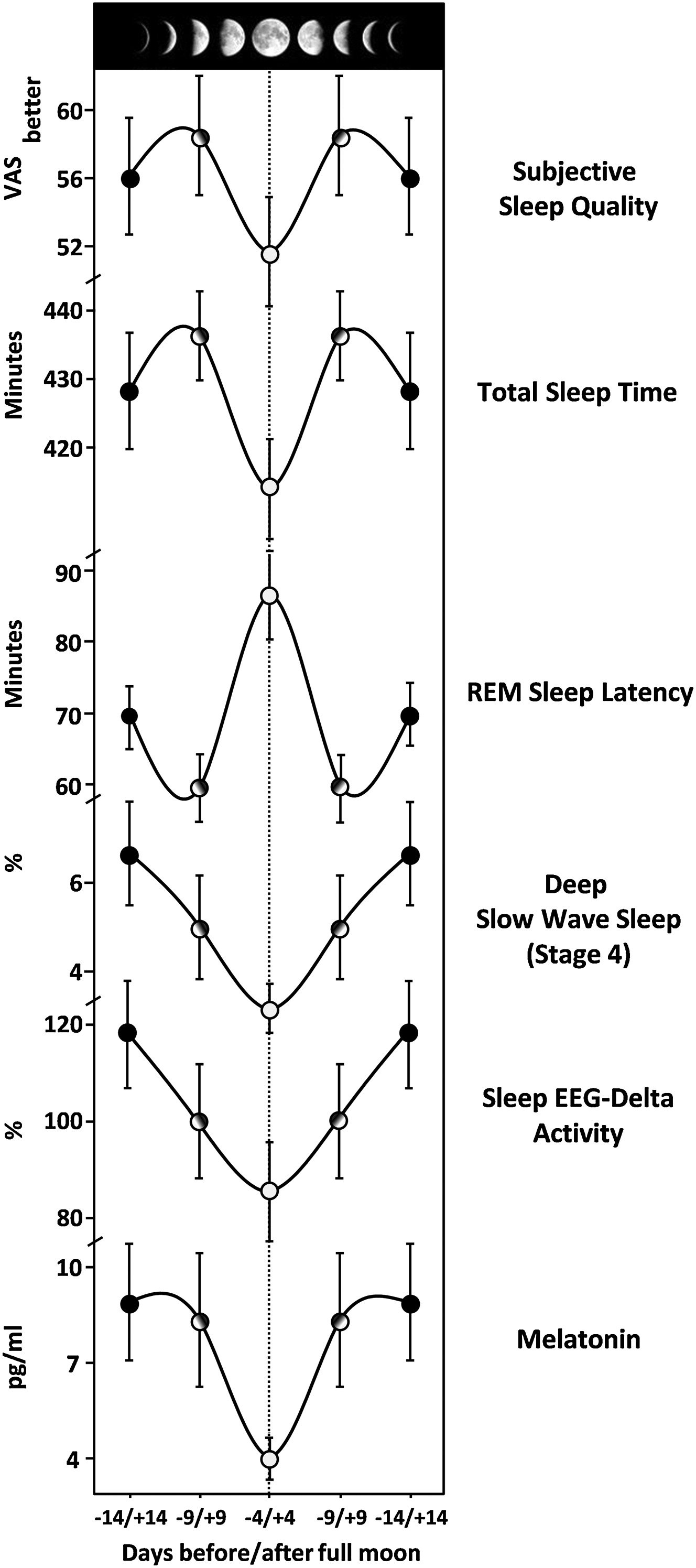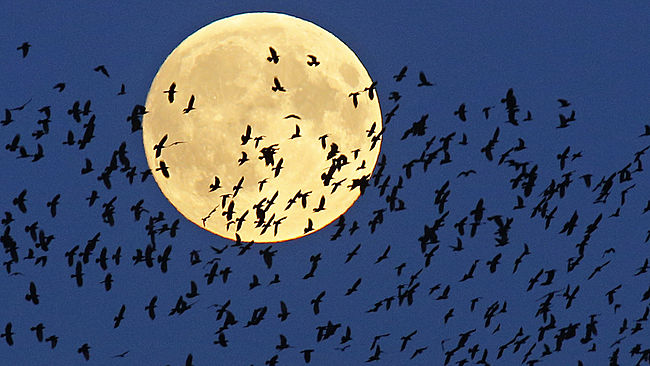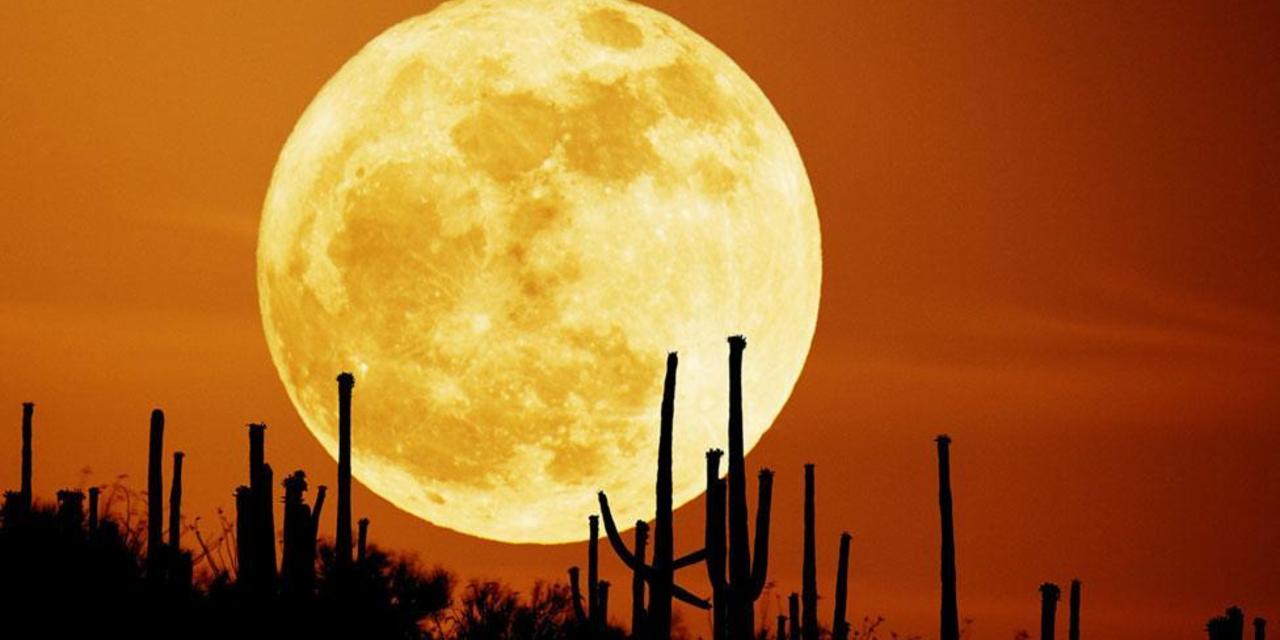Trouble Sleeping - Blame it on the Moon Phase
The 30 day moon cycle has been shown to affect the metabolism and other functions of many animals, including those deep in the ocean, far away from the effect of any moonlight.
There is a lot or folklore about the effect of the moon on human behavior and psyche, but not much previous evidence on how it affects sleep patterns.
Poor sleepers have blamed the bright light of a full moon for keeping them awake. But what happens when the light of the full moon is eliminated. Does the phase of the moon still alter sleep patterns then?
Recent research in Switzerland found that even when subjects were kept in complete darkness at night they slept less deeply, took longer to get to sleep and slept continuously for shorter periods when the moon was full compared to other times in the lunar phases. The effect of the moon on animals is generally referred to as the "circalunar rhythm".
Many earlier studies have shown it occurs in many animals, but none previously in humans.
The latest study used a range of indicators to detect the circalunar rhythm: sleep and wakening patterns, secretion of two hormones: cortisol and melatonin and ECM (electroencephalographic activity) in the brain.
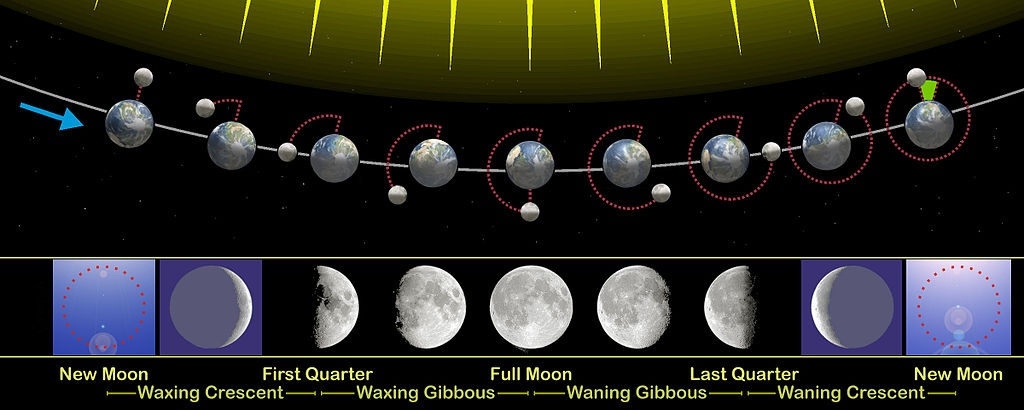
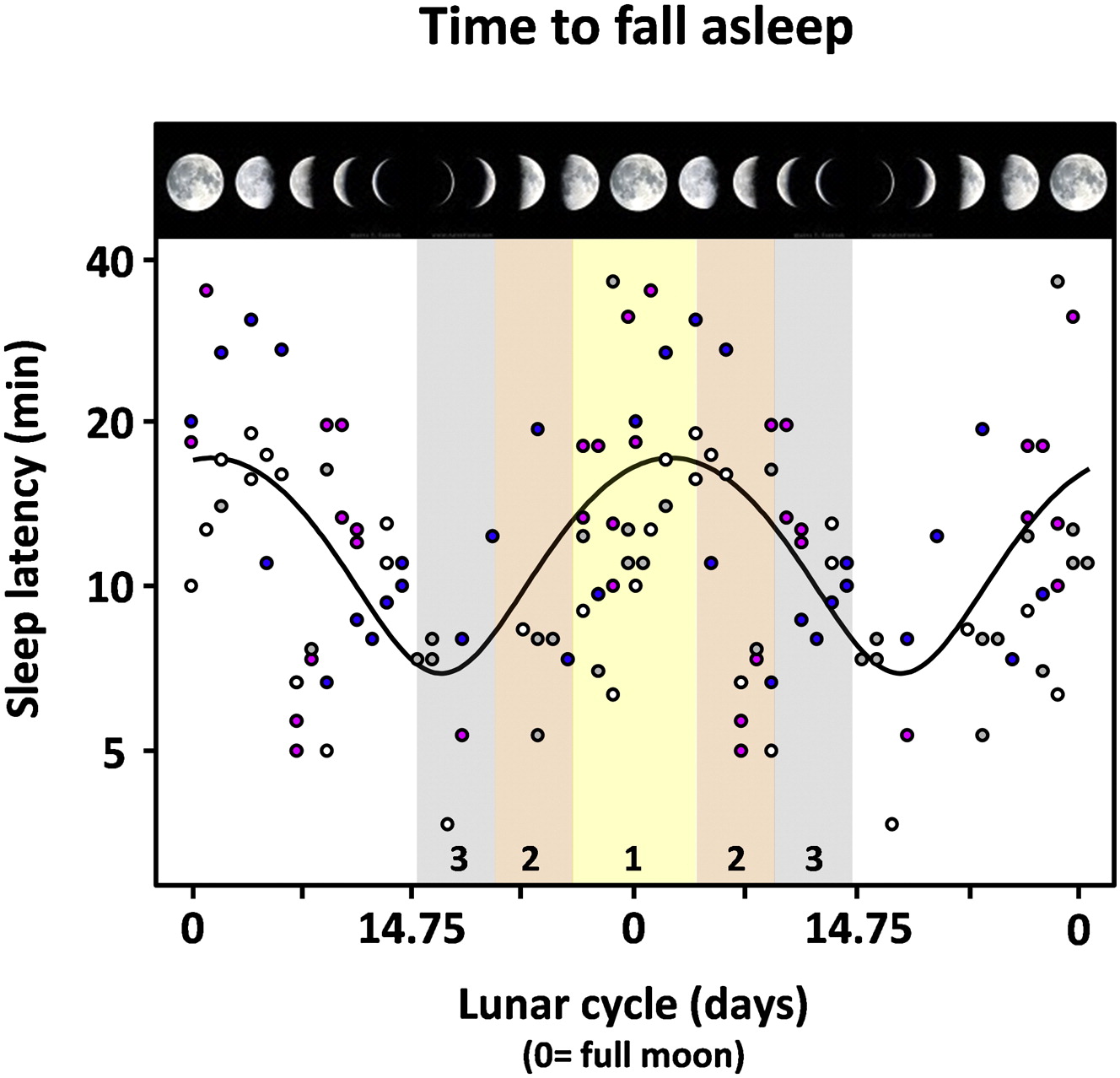
Carefully Controlled Statistical Analysis Proved the Effect of Moon Phase on Sleep
The published study results showed that during a full moon:
- deep sleep brain activity fell by 30%
- time taken to fall asleep increased by 5 minutes
- overall sleep times fell by at least 20 minutes
- the levels of melatonin were lower. This hormone known to regulate sleep.
- the subjects regularly reported that they felt their sleep quality was degraded during the full moon phase.
The moon affects sleep latency, which is the time between going to bed and switching off the lights and going to sleep. This was measured by detecting first occurrence of stage 2 sleep in the EEG pattern.
Like all circalunar rhythm in animals, the mechanisms that cause the patterns are largely unknown.
How can the moon affect sleep patterns in this way?
It has been speculated that the gravitational pull of the moon which is strong enough to cause the sea level to rise and fall, somehow affects the physiology, metabolism or hormone releases in the body. The other alternative is that the phases of the moon and the circalunar rhythm is linked with the circadian rhythm. This is the biological clock that regulates many functions in the body. Jet lag and many sleep pattern irregularities have been linked with disruptions to the biological clock.
This study is the first one to show sound evidence that the lunar phase cycle affects human sleep patterns when measured under the strictly controlled conditions in a special circadian laboratory protocol that ensured that light and time cues were eliminated.
